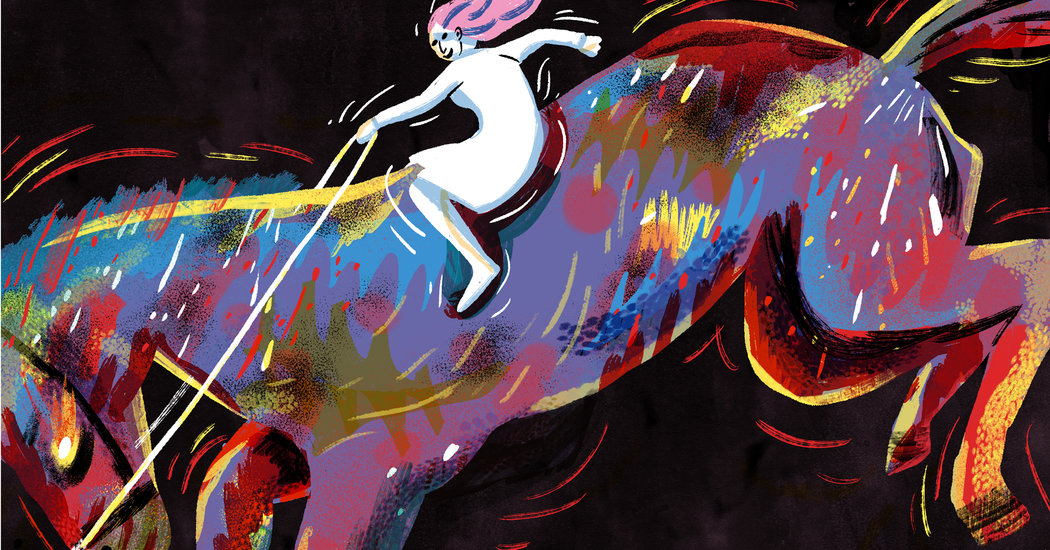
Nervous you may have upset someone? Reframe worry into care about a person who matters.
Terrified about going out on that first date? Consider that your heart is beating fast at the possibility of it going well.
How you label your experience is 100 percent in your control. You can then channel anxiety into a resource you can use to your advantage.
A study published in July from the University of Illinois on brain personality traits and brain volume confirmed that a positive attitude can boost our brain’s ability to manage discomfort. When you start to see how anxiety can work for you, you open up more possibilities for how you can channel it.
3. Aim for the sweet spot
While an overload of anxiety can be detrimental, it is also problematic to have none (sociopaths, for example, tend not to have any). A moderate amount of anxiety promotes optimal functioning, even if the unexpected energy might throw you off. If you understand what anxiety is trying to do, you don’t have to view — and treat — it as an enemy. Anxiety about meeting a deadline, for example, can fuel the focus and energy we need to meet it, especially when tired and prone to distraction. Anxiety keeps us on our toes and focused. In our noisy, busy lives, it is often simply a call to pay attention to the thing that needs our attention.
Understanding anxiety’s inherent motivation, and being clear about your feelings, can help us thrive, according to a German study published last year. Deciding you can handle your anxiety, even if it’s unwelcome, is one of the most effective things you can do to limit its escalation. Just as fearing anxiety increases it, embracing anxiety dissipates it to a point where it’s useful.
What this new research and approach offers is something we could all use a bit more of when it comes to anxiety: hope. The hope rises from the realization that we are in control. Instead of being overtaken by our anxiety, we can partner with it. Not only can we control how we think about anxiety, we can actually change how we experience it. Taking charge of your mind-set, your emotional labeling and your behavior is how you partner with anxiety and reclaim control.
Dr. Alicia Clark is a psychologist and author of “Hack Your Anxiety: How to Make Anxiety Work for You in Life, Love, and All That You Do.”

